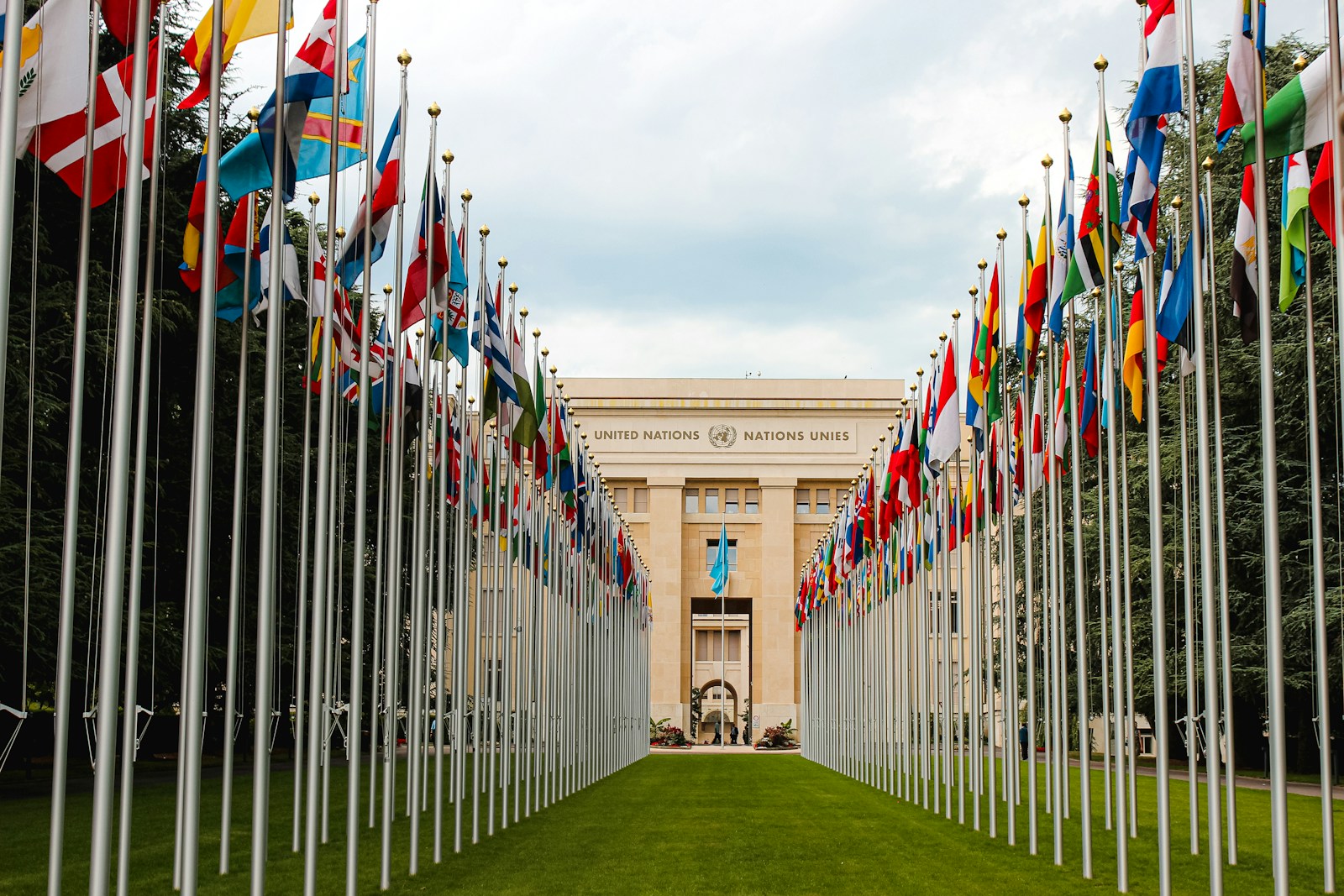Key Takeaways:
– The UN warns of “climate crunch time” as greenhouse gas concentrations hit unprecedented levels.
– Stringent policies are needed within the next 10 years to prevent worst impacts of climate change.
– The world must cut emissions by 42% by 2030 and 57% by 2035 to stay within the 1.5-degree target.
– The US, despite slightly reducing emissions, remains the world’s second-largest contributor.
– If all countries comply with the Paris Climate Agreement’s net-zero commitments, the risk of 2 degrees of warming reduces significantly.
Raised Alarm on Climate Change
Global temperatures’ tendency to rise uncannily above pre-industrial times may lead to dire consequences humanity is unprepared for. In light of unprecedented levels of greenhouse gases, the United Nations (UN) has declared this the “climate crunch time”, urging swift policy shifts within the next decade to prevent the worst manifestations of climate change.
Urgent Steps to Limit Emissions
According to recent communications from the UN, we have a brief window of opportunity to keep climate change impacts to a minimum. The UN has presented an unambiguous roadmap for averting climate disaster, advocating a 42% reduction in carbon emissions by 2030 and a 57% reduction by 2035. The aim is to maintain warming below the 1.5-degree Celsius target set at the Paris Climate Accord in 2015.
Impacts of Warming Beyond 1.5 Degrees Celsius
The planet has already warmed significantly from pre-industrial times, with discernible repercussions such as frequent heat waves, droughts, profuse flooding, and violent hurricanes. Changes in agricultural yields and shifting food production practices have been witnessed amidst a 1.5 to 2 degrees Celsius increase in global temperatures. These conditions threaten complete inundation of island nations, larger and more frequent heatwaves, and physiological intolerability to prevailing temperatures if allowed to worsen.
An Appeal to World Leaders
UN Secretary General Antonio Guterres has likened the situation to walking a ‘planetary tightrope’. He emphasized that humanity’s survival pivots on world leaders’ decisiveness to bridge the emissions gap, as failure to do so could lead to irreversible climate damage.
Record Greenhouse Gas Emissions
The previous year marked a record high in annual greenhouse gas emissions, with a staggering 57.1 gigatons of CO2 warming equivalent released into the atmosphere. These numbers further underscore the necessity for immediate action to revert climate change progression. The UN report indicated power, industry, and transportation as the chief contributors to the surge in emissions.
Assessing Emissions By Country
Despite a 1.4% drop in emissions from 2022, the US ranks second in global contributions to greenhouse gas release, topped only by China. However, the US surpasses China concerning per capita emissions.
Understanding the Emissions Gap
The emissions gap, defined as the divergence between actual greenhouse gas emissions and permissible levels for climate safety, presents a daunting reality. Without stringent compliance to net-zero pledges by every nation, there is a 77% likelihood of global warming reaching 1.5 degrees Celsius.
The Paris Agreement’s Crucial Role
The Paris Climate Agreement offers a beacon of hope amidst looming despair. If all associated countries heed the call and drastically limit their emissions, achieving net-zero as soon as feasible, the risk of 2 degrees of warming could shrink to just 20%. This action would virtually eradicate the possibility of a 3-degree rise in temperature.
UN Environment Programme executive director Inger Andersen stressed that the transition to net-zero economies must occur promptly, despite the grand scale required.
Accelerating Clean Energy Adoption
The report identifies nations under the G20 banner, including the US, as responsible for directing the systemic shift towards net-zero emission economies. Considerable emission reductions are likely achievable through increased adoption of solar and wind energy technologies. The UN report makes it evident that global mobilization of an unprecedented scale is required to mitigate the rapid progression of climate change and save countless lives from its worst effects.
